Queen and Doc recently relocated from an Amish community in Ohio to serve as the horsepower behind the college’s sustainable agriculture program.
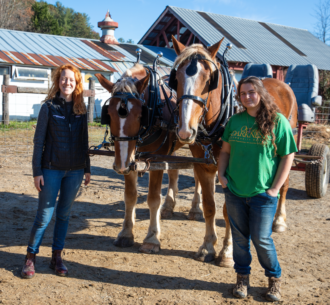

Queen and Doc recently relocated from an Amish community in Ohio to serve as the horsepower behind the college’s sustainable agriculture program.

More than 30 bands on three stages plus classes covering everything from aquaponics to regenerative agriculture practices are on the schedule for the three-day festival.
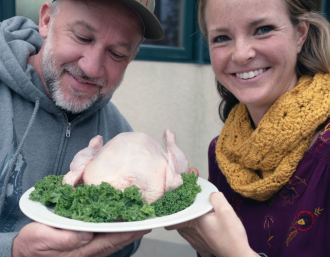
The sudden closure of the area’s only poultry processing plant in October not only caused a pre-Thanksgiving scramble for local turkey producers, but continues to impact Western North Carolina’s small farms.
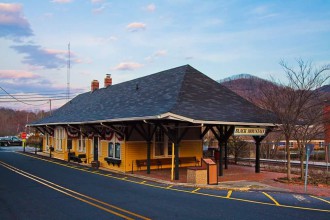
Black Mountain chefs and farmers collaborate for a twist on the idea of street food. Proceeds from the event will fund scholarships for local students pursuing careers in agriculture.
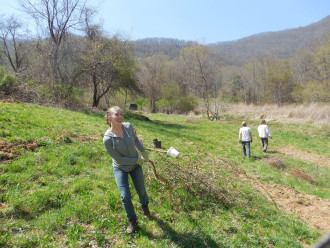
The Nutty Buddy Collective is pioneering new models of sustainable, perennial agriculture by establishing long-term leasehold agreements with conservation-minded landowners. Once the use of the land has been secured, the collective plants fruit and nut crops that take several years to reach maturity.
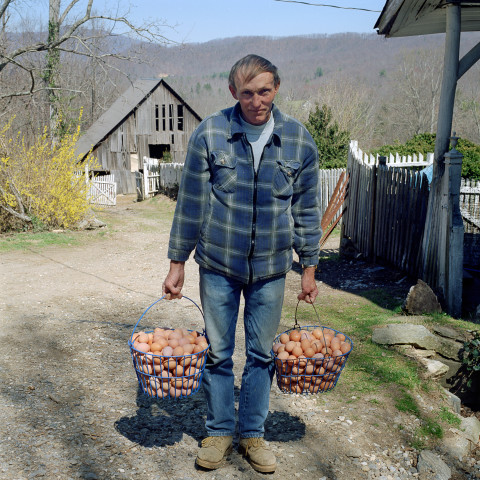
The Center for the Study of the American South, in Chapel Hill will exhibit “Useful Work,” a collection of photographs taken by Asheville photographer Ken Abbot that capture the essence of Fairview’s simultaneously historic and progressive Hickory Nut Gap Farm. The show will feature 16 images selected from the project, which Abbot completed with funding he received from an N.C. Arts Council Artist’s Fellowship in 2006.
With local-food sales predicted to reach $7 billion this year, it makes sense for cities, counties, states and regions to focus on the local food company. To that end, the Appalachian Regional Commission is hosting a forum on the issue today and tomorrow, April 4, at the Renaissance Asheville Hotel. As one participant noted via Twitter, “Sustainable farming only occurs when social responsibility, environmental stewardship and economic viability work together.”